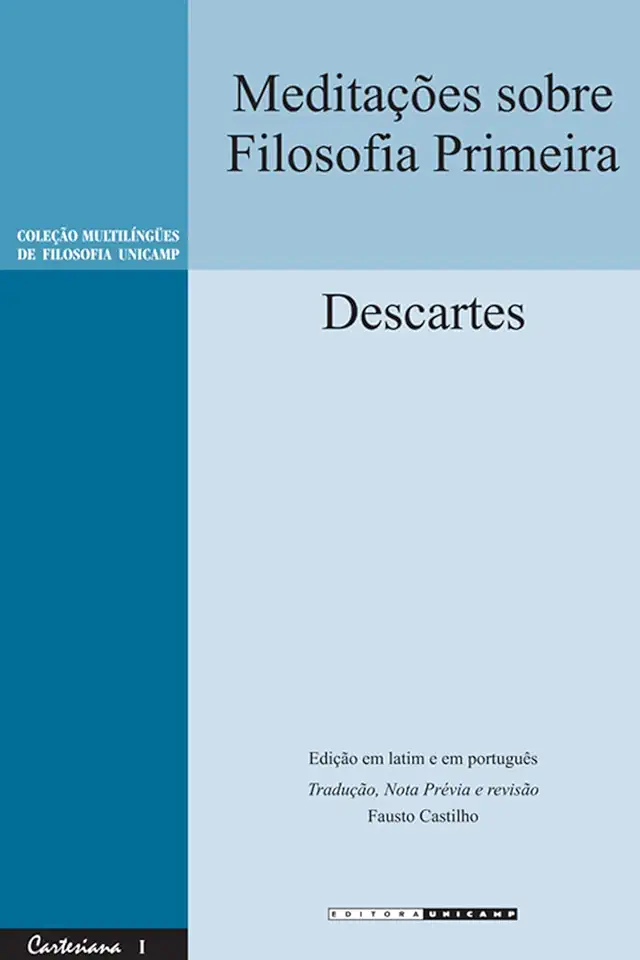
Meditations on First Philosophy - Descartes
Meditations on First Philosophy: A Journey into the Depths of Human Reason
In the realm of philosophical thought, few works stand as tall and influential as René Descartes' "Meditations on First Philosophy." Published in 1641, this seminal work marked a turning point in the history of philosophy, challenging conventional wisdom and laying the foundation for modern philosophical inquiry.
A Path to Certainty: Questioning Everything
Descartes begins his philosophical journey by embarking on a quest for certainty. He subjects all his beliefs to rigorous scrutiny, doubting everything that can possibly be doubted. This radical skepticism leads him to the realization that the only thing he can be certain of is his own existence as a thinking being. This famous declaration, "I think, therefore I am" (Cogito ergo sum), becomes the cornerstone of his philosophical system.
The Existence of God: A Leap of Faith
From the certainty of his own existence, Descartes embarks on a philosophical adventure to prove the existence of God. He employs a series of logical arguments, including the ontological argument, to establish the necessary existence of a perfect being. Descartes' exploration of the divine realm not only provides a foundation for his philosophical system but also highlights the interplay between reason and faith.
The Nature of the Mind and Body: A Duality of Substances
Descartes' philosophical inquiries extend to the nature of the mind and body. He posits a fundamental distinction between the two, arguing that the mind is a non-physical, thinking substance, while the body is a physical, extended substance. This mind-body dualism becomes a central theme in his philosophy, influencing subsequent philosophical debates on the relationship between the mental and the physical.
The World of Ideas and the External World: Unveiling the Truth
Descartes delves into the nature of ideas and the external world, exploring the relationship between our perceptions and reality. He argues that our ideas are innate, existing independently of our sensory experiences. This theory of innate ideas challenges the prevailing empiricist view and emphasizes the role of reason in our understanding of the world.
The Significance of Meditations on First Philosophy: A Legacy of Profound Influence
"Meditations on First Philosophy" stands as a testament to Descartes' philosophical genius and has had a profound impact on Western thought. Its rigorous questioning of fundamental assumptions, its exploration of the mind-body relationship, and its defense of the existence of God have shaped the course of philosophical inquiry for centuries.
Why You Should Read Meditations on First Philosophy: An Invitation to Philosophical Exploration
If you seek a challenging and rewarding intellectual journey, "Meditations on First Philosophy" is an essential read. Descartes' philosophical insights will provoke your thinking, encouraging you to question your own beliefs and explore the depths of human reason. Join Descartes on this philosophical adventure, and discover the transformative power of philosophical inquiry.